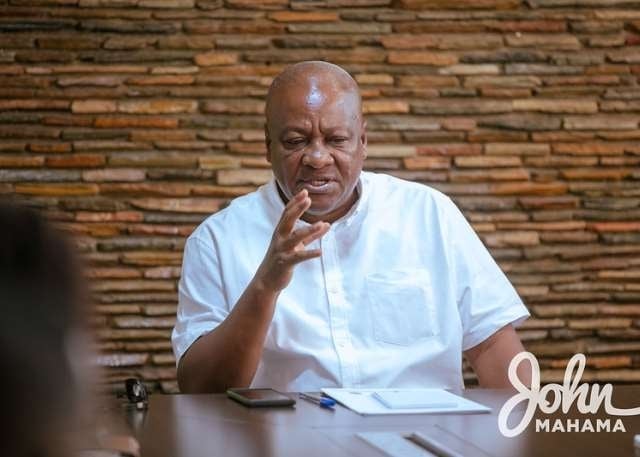Kwame Agbodza, the designated Minister for Roads and Highways, lauded President John Dramani Mahama’s commitment to restricting the size of his cabinet to a maximum of 60 ministers, emphasizing this decision as a crucial step towards curbing unnecessary government spending. During his vetting by the Appointments Committee on January 20th, Agbodza underscored that Mahama’s adherence to this pledge, encompassing Deputy Ministers and Regional Ministers, signifies his unwavering dedication to fulfilling his promises. Agbodza portrayed Mahama as a principled leader who keeps his word, noting that many were skeptical about a president maintaining such a strict limit on ministerial appointments. This decisive action, Agbodza argued, serves as a testament to Mahama’s commitment to fiscal prudence, reinforcing his focus on establishing a more streamlined and effective government.
Mahama’s determination to limit the number of ministerial positions reflects a broader strategy aimed at reducing wasteful expenditures and optimizing governance. By maintaining a smaller cabinet, the government can potentially save substantial amounts of public funds that would otherwise be allocated to ministerial salaries, allowances, and operational costs. This streamlined structure also fosters greater efficiency in decision-making processes, as a smaller group of ministers can collaborate more effectively and reach consensus more readily. Furthermore, a leaner cabinet can enhance accountability and transparency, making it easier to monitor the performance of individual ministers and hold them responsible for their actions.
Agbodza’s commendation of Mahama’s approach highlights the significance of fiscal responsibility in government operations. Prudent financial management is essential for ensuring that public resources are utilized effectively and efficiently, maximizing their impact on national development. By limiting the size of the cabinet and reducing unnecessary spending, the government can free up resources for crucial sectors such as education, healthcare, infrastructure development, and social welfare programs. This, in turn, contributes to improved service delivery and enhanced quality of life for citizens.
The commitment to a smaller cabinet also sends a strong signal about the government’s dedication to fighting corruption and promoting good governance. A smaller, more manageable cabinet can be more effectively scrutinized by oversight bodies and the public, minimizing opportunities for corruption and promoting transparency in government operations. This fosters public trust and confidence in the government’s ability to manage public resources responsibly and ethically.
Beyond the immediate financial implications, the decision to limit the number of ministers also has symbolic value, demonstrating Mahama’s commitment to serving the people and prioritizing their needs over political patronage. This approach can strengthen democratic institutions and foster a culture of accountability within the government, ensuring that public officials are held responsible for their actions and that public resources are used for the benefit of the citizenry.
In conclusion, Agbodza’s praise for Mahama’s commitment to a smaller, more efficient cabinet underscores the importance of fiscal responsibility, good governance, and accountability in public service. By limiting the size of the government and reducing wasteful spending, Mahama’s administration aims to optimize resource allocation, improve service delivery, and strengthen democratic institutions. This approach not only demonstrates fiscal prudence but also sends a powerful message about the government’s commitment to serving the people and prioritizing their needs. This commitment to a leaner and more efficient government reflects a broader commitment to effective governance and responsible use of public resources, ultimately contributing to sustainable national development and improved well-being for all citizens.














